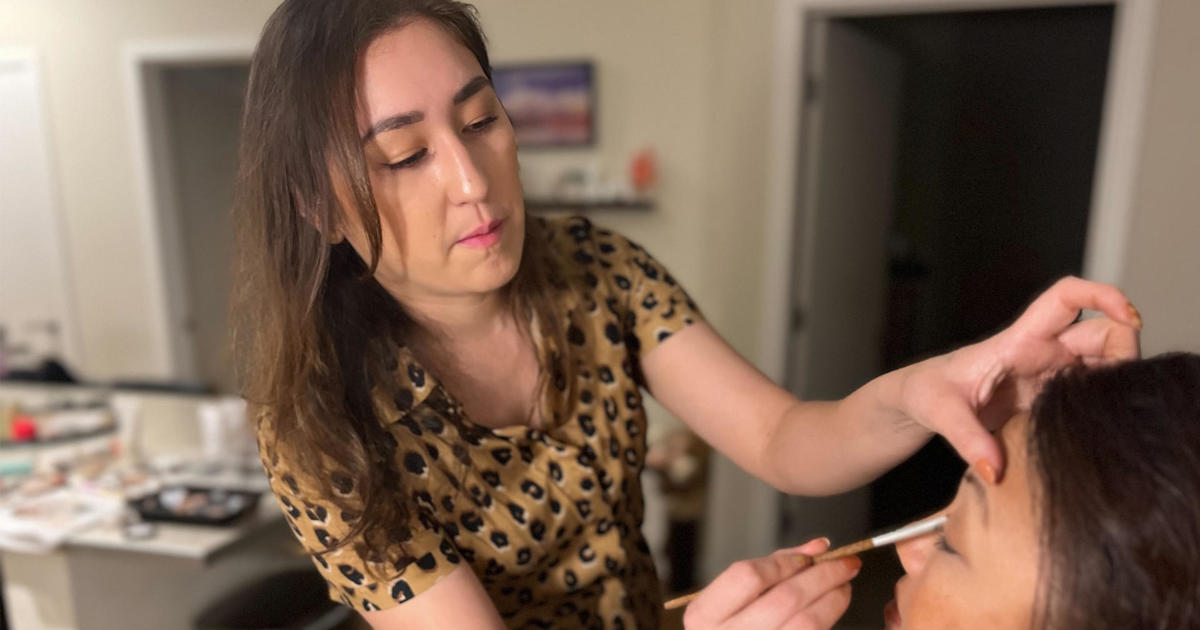Reality Check: Sexual Harassment In Politics
MINNEAPOLIS (WCCO) -- Minnesota Gov. Mark Dayton renewed his call Wednesday for two lawmakers to resign over sexual harassment allegations.
"There is no place for this in the workplace, in government or anywhere else in Minnesota," Dayton said. "And we need to do a better job of standing up for those who are being oppressed."
A growing number of women in politics are going public with stories of harassment -- and it's not just here in Minnesota.
One lawmaker is accused of telling a female lobbyist he was sexually aroused.
Rep. Laurie Halverson (DFL-Eagan) says one of her colleagues forced her to look at a cellphone photo of a man's genitals.
"Against my will. I was saying, 'Don't show it to me! Don't show it to me! And it was shown to me," Halverson said.
Allegations like these are raising many questions about sexual harassment policies at political places, like the State Capitol.
Many businesses require regular sexual harassment training, but many state capitols do not -- including Minnesota's.
What you need to know:
Minnesota's Capitol is not the only place getting a wake-up call on sexual harassment. It's coming from women at Capitols all around the country going public with complaints.
A national #MeToo political moment has begun after harassment allegations against Harvey Weinstein, Bill O'Reilly, Louis CK and Roy Moore.
At least 14 state legislatures are confronting sexual harassment complaints from lawmakers, lobbyists and staffers.
Most legislatures do have written policies against sexual harassment and discrimination, but reporting requirements and enforcement levels vary.
One of the last places to change: Washington, D.C.
After numerous reports of lewd behavior, both the U.S. House and the Senate will require sexual harassment training for the first time in history for members of Congress and staff.
The accused Minnesota lawmakers deny the claims, and say they will not resign.
Unlike in private business, a lawmaker cannot be fired.
In rare instances, the legislature could remove a member, but the only real consequence is at the ballot box.




